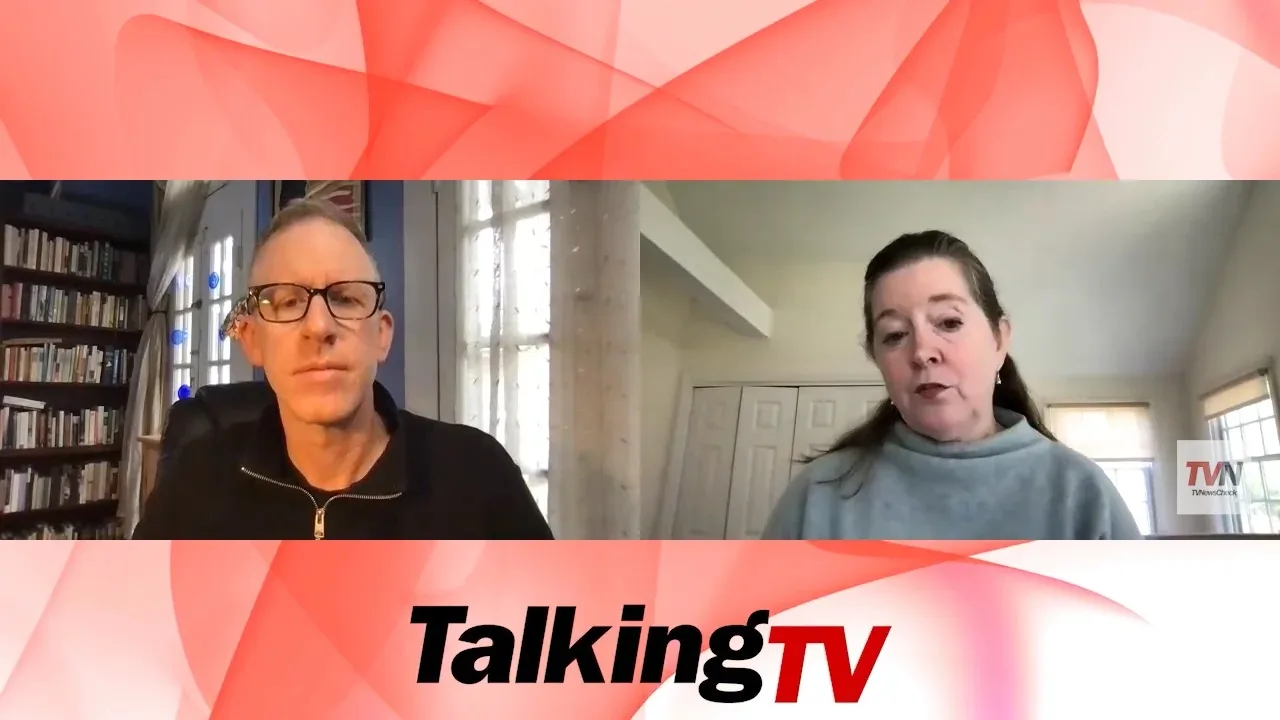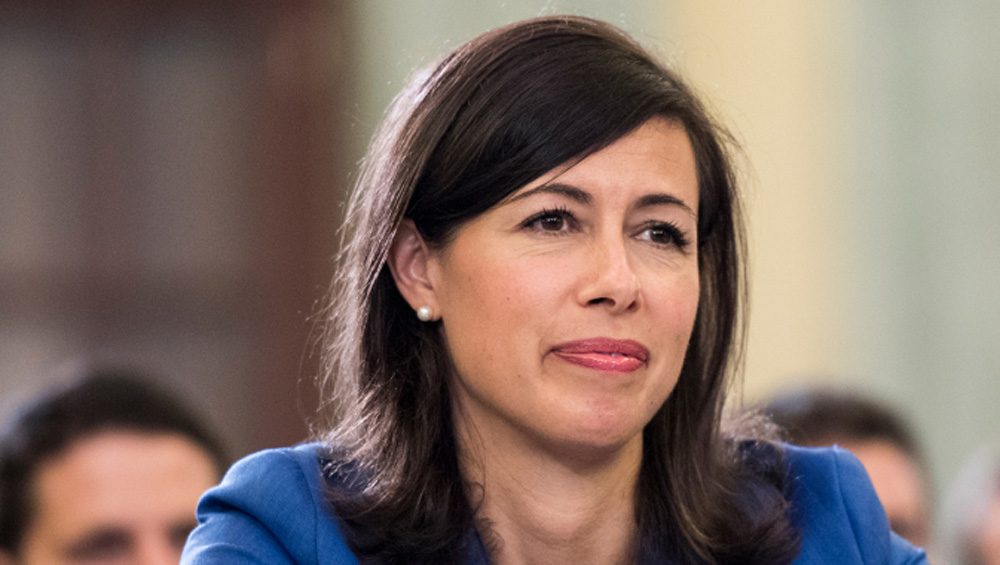
Senior Capitol Hill Republicans that oversee the communications sector say they want FCC Chair Jessica Rosenworcel to correct “deeply misleading” testimony about the Affordable Connectivity Program, a $14 billion broadband subsidy program.

Streaming services like YouTube TV and Sling TV don’t have to worry about becoming the legal equivalent of cable TV or satellite TV companies any time soon through action by the FCC. That was that the implicit message that FCC Chair Jessica Rosenworcel left with Capitol Hill on Thursday when she was pressed for a regulatory update on the video issue by the leader of the House Energy and Commerce Committee.

FCC Chair Jessica Rosenworcel is proposing prohibiting cable and satellite TV operators from imposing early termination fees on their video subscribers, calling them junk fees that discourage competition. The notice of proposed rulemaking, which Rosenworcel has teed up for a vote at the commission’s December public meeting, would also require multichannel video programming distributors to provide rebates to customers who cancel service before the end of a month for which they have already paid.

Phillip Swann: FCC Chairwoman Jessica Rosenworcel announced two rule proposals designed to “empower” consumers during channel blackouts caused by carriage disputes between TV providers and broadcasters. However, the proposals would actually “empower” the broadcasters, perhaps triggering even more blackouts. Her initiative is another example of how politicians in Washington are detached from reality when it comes to governing emerging TV technologies.
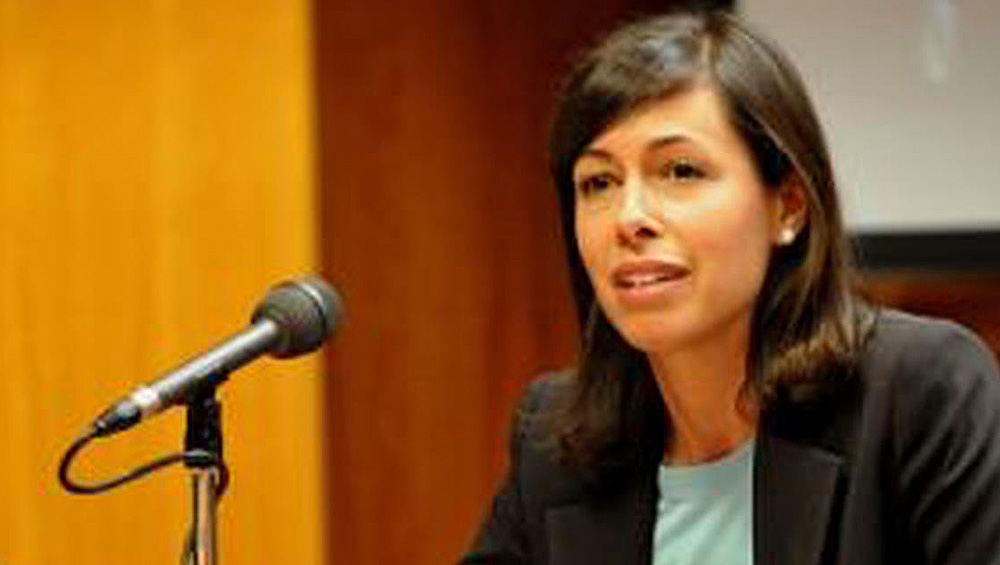
FCC Chair Jessica Rosenworcel is proposing to put the onus on cable and satellite operators to inform the agency if a broadcast channel they carry has gone dark for an extended period due to a retransmission-consent impasse and to refund subscribers for those extended blackouts. She has circulated notices of proposed rulemakings (NPRMs) to that effect to her fellow commissioners. If approved, the notices would seek comment on rules requiring multichannel video programming distributor (MVPD) notifications of any blackouts exceeding 24 hours, and mandating rebates to customers for those disruptions.

FCC Chair Jessica Rosenworcel said Tuesday she is moving forward with a proposal for sweeping broadband regulations that would restore the Obama-era open internet rules. The potential rules will include a key provision that would reclassify broadband as a utility service, regulated under Title II of the Communications Act. That reclassification is a necessary first step toward imposing common carrier requirements.
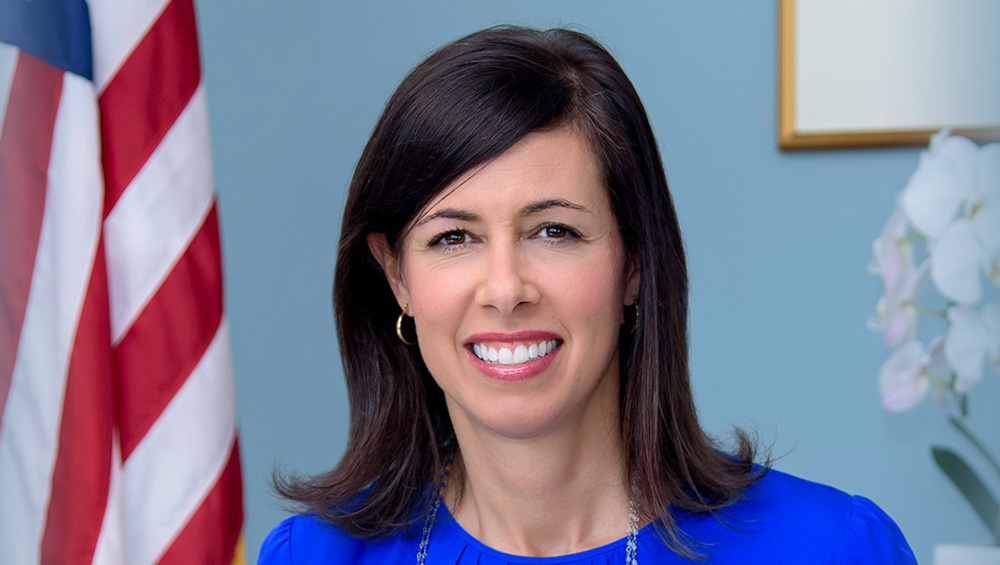
Federal Communications Commission Chairwoman Jessica Rosenworcel issued the following statement on the U.S. Senate confirmation of Anna Gomez to serve a five-year term as an FCC commissioner: “Congratulations to Anna […]

Two House Republicans are urging the FCC to resist the urge to apply “1990s-era laws and regulations” to virtual multichannel video programming distributors (vMVPDs). They argue, in part, that those Internet-delivered pay-TV services bring critical competition to the pay-TV sector and that Congress, not the FCC, has the authority to alter those rules, anyway. That warning arrived in an Aug. 9 letter to FCC Chair Jessica Rosenworcel from House Energy & Commerce Committee Chair Cathy McMorris Rodgers (R-Wash.) and Communications Subcommittee Chair Bob Latta (R-Ohio).
FCC Nixes Another Deal With Deafening Silence

Fargo, N.D.-based Forum Communications has learned the hard way just how much this FCC hates broadcast deals of any size.
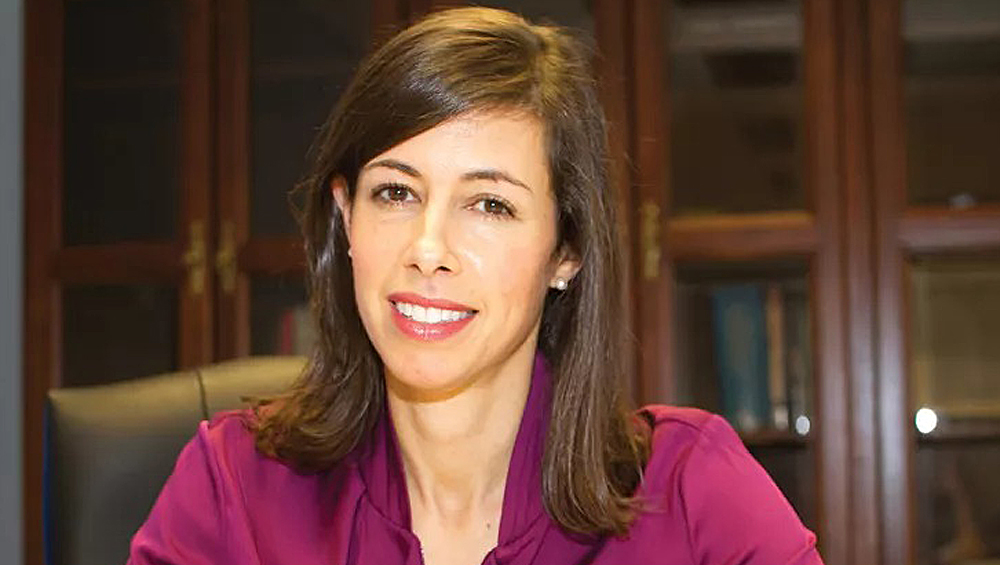
The agency is being pushed on extending good-faith rules to OTT providers, making ISPs pay into Universal Service Fund. FCC Chair Jessica Rosenworcel has recently suggested that Congress may have to step in to give the FCC the regulatory authority that the Cable Acts of 1984 and 1992 gave it over traditional video. since those laws did not apply to, or anticipate, OTT. But she has apparently not ruled it out. “We are carefully reviewing the issue and exploring our options,” said an FCC spokesperson.
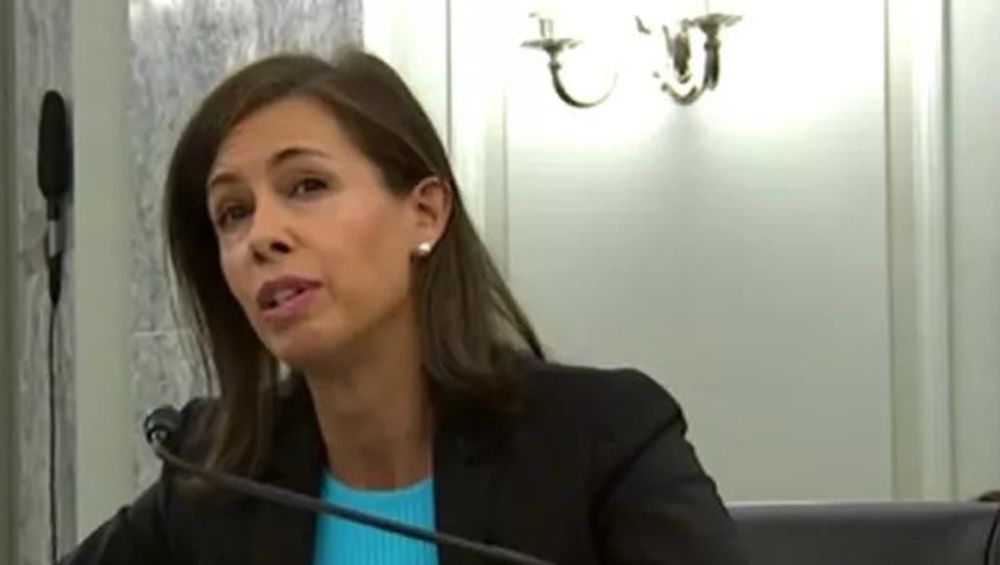
FCC Chair Jessica Rosenworcel sent a clear signal to Congress she is not looking to apply multichannel video programming distributor (MVPD) regulations to streaming video services, and that she does not think the regulator has the authority to expand into that area in any event. Her remarks came in testimony to the House Energy & Commerce Committee’s FCC oversight hearing in its communications subcommittee.

It looks like the FCC is going to launch an inquiry into data caps and usage-based pricing, which have long been in the ISP broadband offering arsenal and which have drawn criticism from Democrats and streamers like Netflix that root for as much consumer bandwidth as possible. FCC Chair Jessica Rosenworcel, usually no fan of data caps, said Thursday that she was asking her fellow commissioners to approve a notice of inquiry into how broadband providers use data caps.
In Killing Kim’s Deal For Tegna, The FCC Showed Its Prejudice
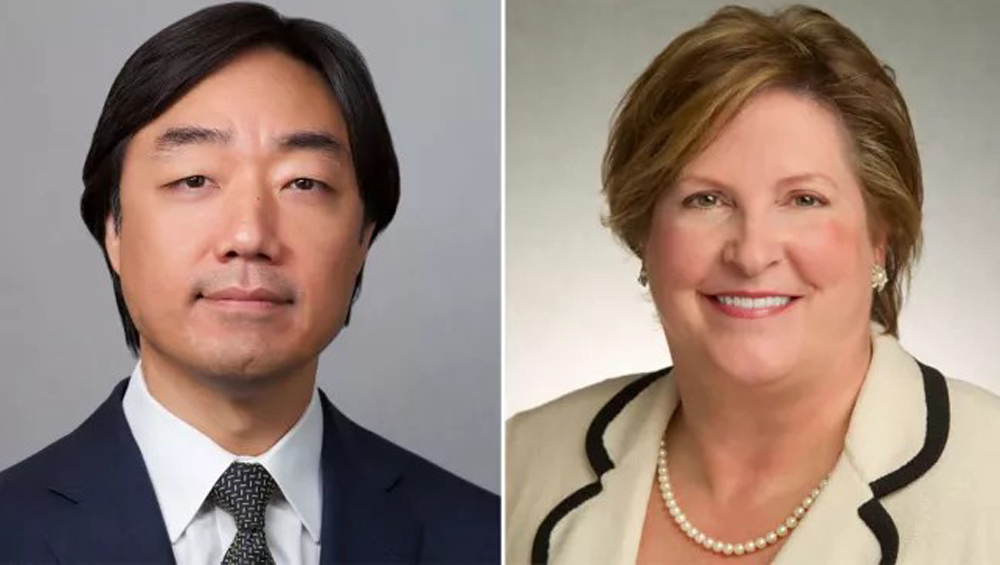
Thwarted in his bid to buy Tegna by an overlong and deal-breaking FCC review process, Soo Kim (and his right hand Deb McDermott) is indeed a victim of prejudice and discrimination. Only it’s probably not the sort you may think.

The commission is also preparing a rulemaking on ATSC 3.0 rules, FCC Chair Jessica Rosenworcel said Monday at NAB Show in Las Vegas.
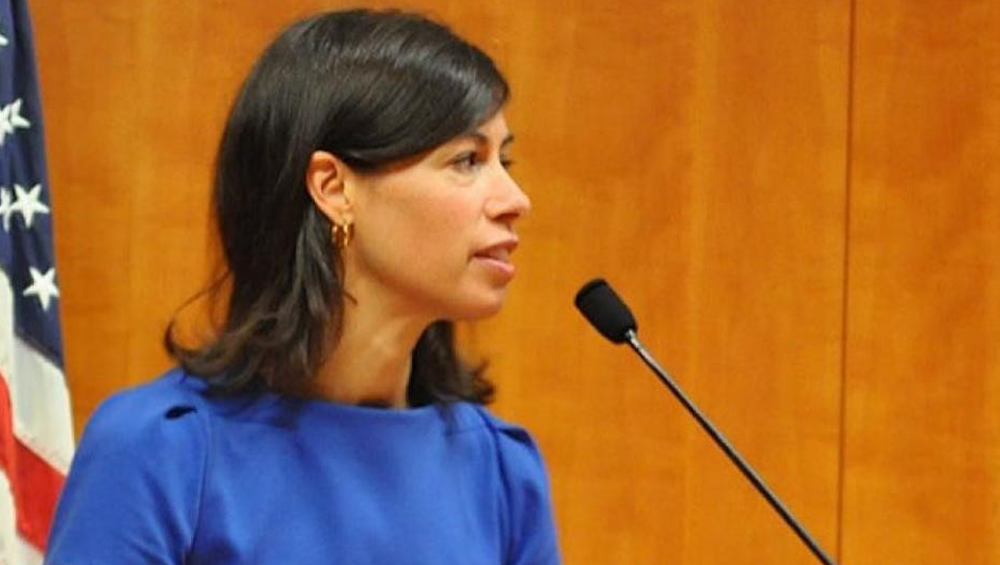
She’s slotted to speak on Monday, April 17. NAB CEO Curtis LeGeyt said: “With the FCC sitting at the forefront of so many critical issues facing our members today, this will provide a unique opportunity for broadcasters across the country to hear directly from the chairwoman on her thoughts on the state of the industry and her vision for the future.”

FCC Chair Jessica Rosenworcel wants cable and satellite TV subscribers to know just how much they are paying to defray the broadcast-TV retransmission and regional sports net fees their providers must pony up for programming, and to help them compare traditional video costs with those of streaming services. Rosenworcel has proposed an item to the other commissioners that would require cable and satellite providers to “specify” an “all-in” price for video service both in promotional materials and on subscribers’ monthly bills.
Skullduggery At The FCC

Wall Street Journal editorial: “Gigi Sohn withdrew her stalled nomination for the FCC on Tuesday after Joe Manchin (D-W.Va.) announced his opposition. Chair Jessica Rosenworcel will now have to advance her progressive agenda without a wingman, but her effort to kill a major media acquisition on the sly shows what she’s up to.”

The FCC chairwoman doesn’t see (or doesn’t care) that by weakening retrans, she is chipping away at the viability of the station business and a “cornerstone” of the agency’s longstanding broadcast policy: localism.

In a blow to the prospects for the Standard General-Tegna-Cox Media transaction, the FCC’s Media Bureau has designated the deal for hearing before an administrative law judge. Chairwoman “Jessica Rosenworcel has just killed the deal,” said one former top broadcast official at the news of the hearing designation.
FCC, Give Broadcasters A 3.0 Task Force
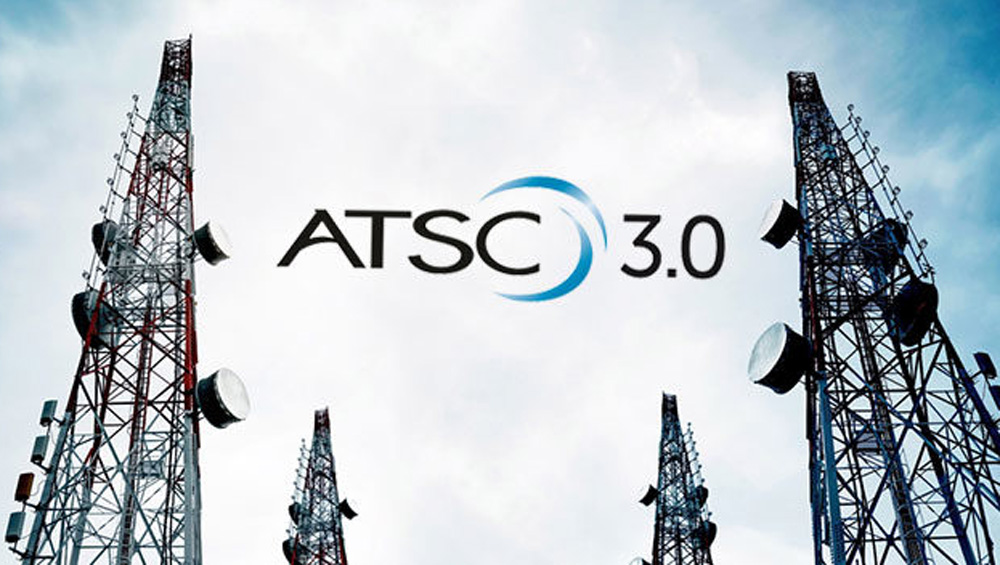
The commission should heed broadcasters’ request to prioritize the ATSC 3.0 standard and launch a task force to concentrate the agency’s resources in getting it unstuck. Broadcasting’s future wellbeing may depend on it.

She tells lawmakers she “welcomes” the chance to better protect consumers from blackouts. She expressed her view in a letter to Rhode Island’s congressional delegation, whose members had pushed the FCC to do everything it could to help resolve a retrans dispute — since resolved — between Nexstar Media Group and Verizon Communications affecting WPRI Providence.
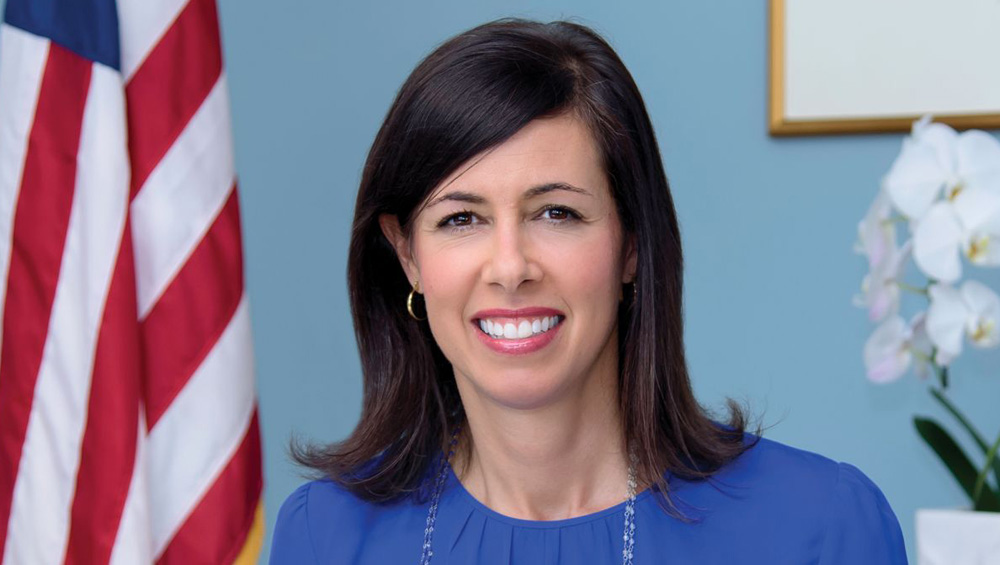
Taking a couple of pages from the Biden Administration’s parameters for some $65 billion in broadband deployment subsidies, FCC Chair Jessica Rosenworcel has proposed upping the FCC’s minimum definition of high-speed broadband availability and making “affordability, adoption, availability, and equitable access” part of that definition. Rosenworcel put that high-speed stake in the ground Friday, circulating a notice of inquiry launching its annual state of broadband review.

In her first NAB Show appearance since her designation as FCC chair, Jessica Rosenworcel conceded that the introduction of a fifth commissioner would solve the agency’s current 2-to-2 political gridlock, but she’s not losing any sleep over it.

The chairwoman and NAB CEO Curtis LeGeyt will appear on the gathering’s main stage in Las Vegas on April 25.
FCC Chairwoman Jessica Rosenworcel today announced additions to her leadership team. As of mid-April, Narda Jones will return to the FCC and assume the role of chief of staff. Effective […]

She appoints chiefs for Consumer and Governmental Affairs Bureau, Media Bureau, Public Safety Bureau, Enforcement Bureau and General Counsel.
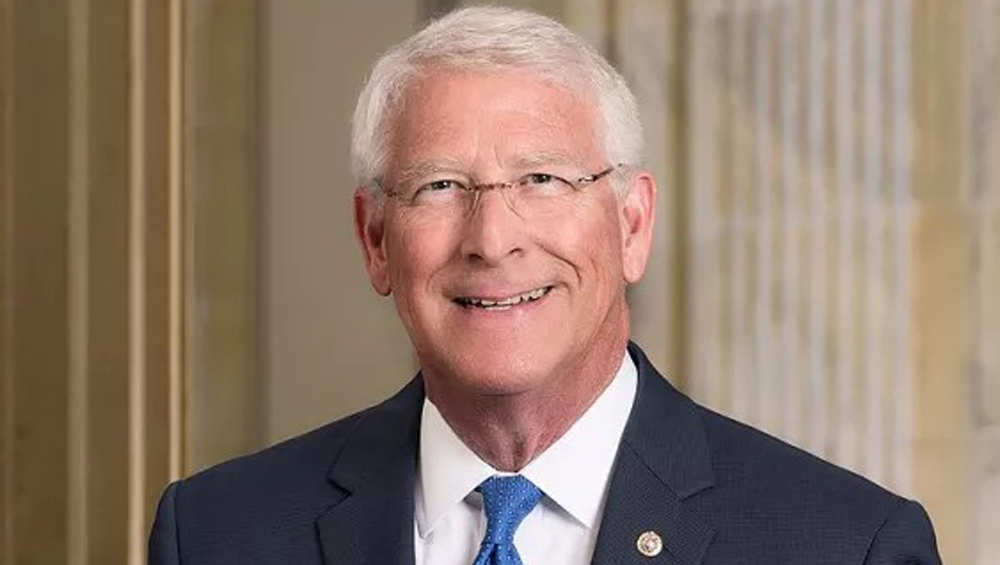
The ranking member on the powerful Senate Commerce Committee wants the relationship between new FCC chair Jessica Rosenworcel and new NTIA head Alan Davidson to start out on the right foot. In a letter to both, Sen. Roger Wicker (R-Miss.), called on the FCC and the National Telecommunications & Information Administration to work together to better coordinate spectrum policy.

FCC Chair Jessica Rosenworcel made it clear to Republican lawmakers before her successful confirmation vote (68-31) earlier this month to a new, five-year term that she did not support efforts by “some liberal organizations” to remove conservative cable channels from their lineups or for the agency to use its license revocation power on broadcasters. That assertion came in written answers to questions submitted after her confirmation hearing last month.

Washington was quick to weigh in after the Senate voted 68 to 31 to confirm FCC Chair Jessica Rosenworcel to a new five-year term on the commission.

Today, Senate voted 68 to 31 to confirm Jessica Rosenworcel’s re-appointment to the Federal Communications Commission, putting her in place to be the first official chair of the agency under President Biden. Rosenworcel will also be the first female chair in the 86-year history of the FCC.

The Senate voted Monday to invoke cloture and proceed to a vote on a new, five-year term for acting FCC Chairwoman Jessica Rosenworcel. The final confirmation vote could come as early as today.
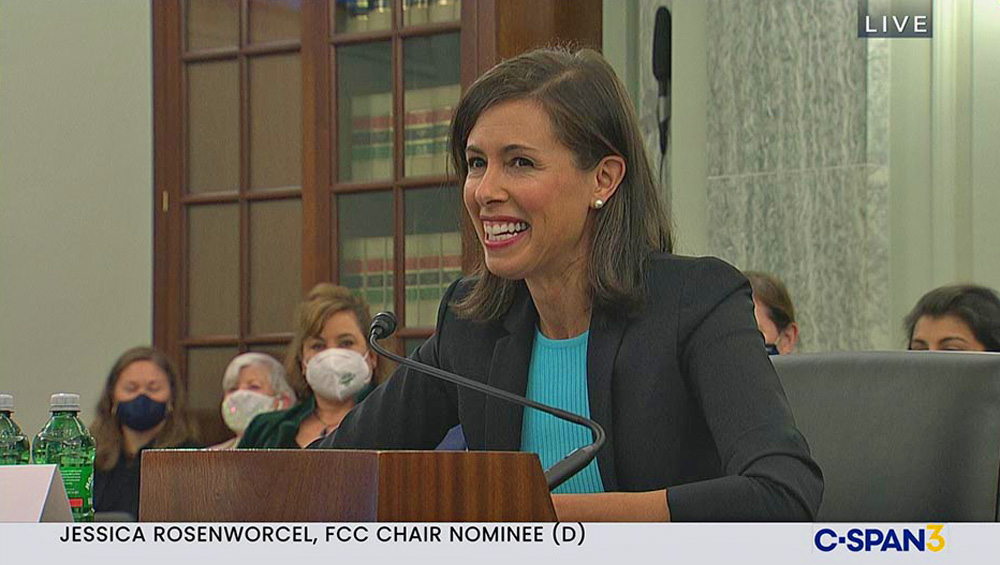
Acting FCC Chair Jessica Rosenworcel was approved by the Senate Commerce Committee today for a new, five-year term. Now, only full-Senate confirmation is left before she becomes the regulator‘s first non-acting woman chair.

Acting FCC Chair Jessica Rosenworcel said Thursday (Nov. 18) that her planned refresh of the record on independent content providers’ access to distribution platforms will need to include over-the-top video.

The Senate Commerce Committee vetted the renomination of acting FCC Chair Jessica Rosenworcel for a new, five-year term today (Nov. 17) and nary was heard a discouraging word. If confirmed, President Joe Biden has signaled he will designate her permanent chairman, the first woman to hold that post. (Mignon Clyburn was the first woman to be acting chair.)

The Senate Commerce Committee has scheduled a Nov. 17 nomination hearing for Acting Chair Jessica Rosenworcel. She must be vetted and voted in before the end of the year or she would have to leave the commission since her term has already expired. But not on that hearing schedule is President Biden’s other nominee to the FCC, Gigi Sohn.

The Senate Commerce Committee plans to consider President Joe Biden’s nominee to head the FCC next week but hold off consideration of his choice for a fifth commissioner who has drawn Republican criticism. The committee will hold a hearing on Jessica Rosenworcel’s nomination for a full term as chairwoman of the FCC on Nov. 17, according to a person briefed on the matter. A hearing is expected several weeks later for Gigi Sohn, said the person, who spoke on condition of anonymity because the procedure hasn’t been made public.
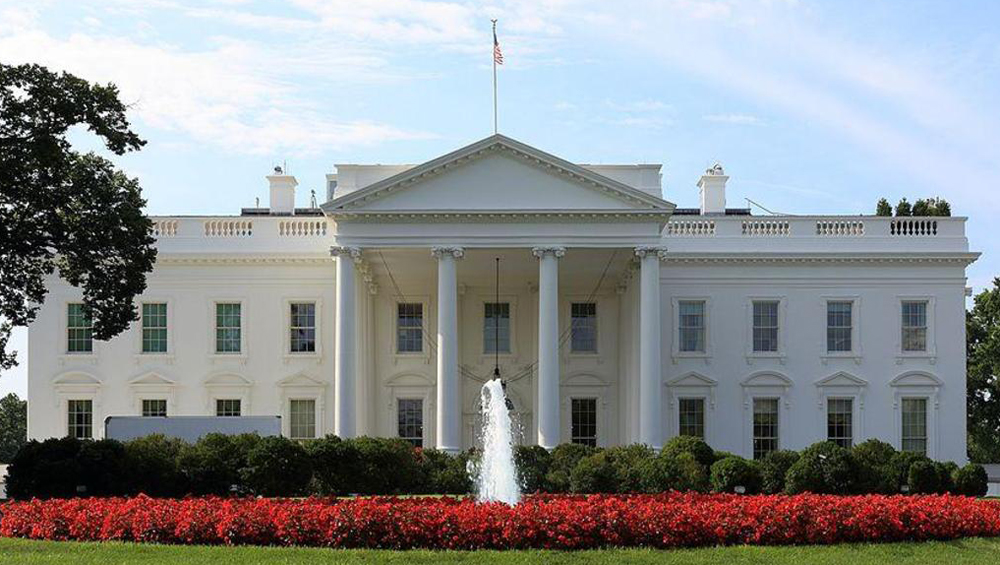
A city that has been looking, previously in vain, for a permanent Federal Communications Commission chair and third commissioner to bring the agency to a full complement, weighed in Tuesday following President Joe Biden‘s renomination of acting FCC chair Jessica Rosenworcel — taking the “acting” from in front of her name — and tapping veteran progressive policy shaper Gigi Sohn to the third seat.


















